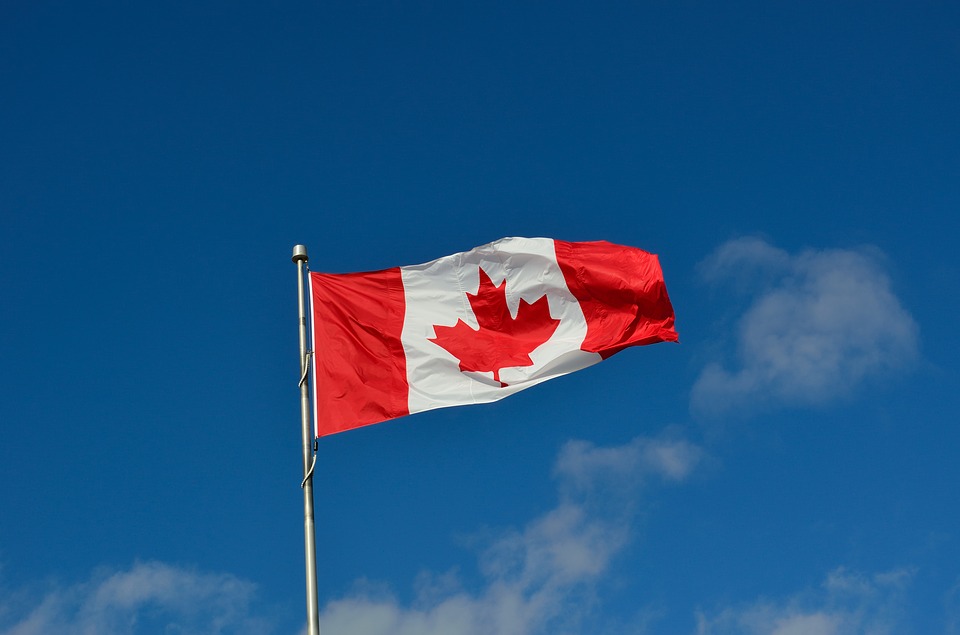
OTTAWA — Canada’s auditor general has started to dig into one of the Trudeau government’s most contentious claims, upon which rests the fate of hundreds of millions of taxpayer dollars: that the country is facing an urgent shortage of fighter jets.
The claim was first made in November 2016 when the Liberals announced that Canada didn’t have enough fighter jets to defend North America and simultaneously meet the country’s NATO commitments, and that a stopgap was urgently needed until the entire CF-18 fleet could be replaced.
The government originally planned to buy 18 interim Super Hornets from Boeing for $6.4 billion before the deal was scuttled late last year in favour of buying 25 used jets from Australia for $500 million.
But critics, including opposition parties and former air force commanders, accuse the government of fabricating an urgent “capability gap” — as the shortfall is known — by changing the military’s requirements to avoid having to buy the F-35 stealth fighter.
Auditor general Michael Ferguson is now scrutinizing this “capability gap” as part of an overall fighter-jet review, according to an internal memo written by officials at the federal procurement department and obtained by The Canadian Press through access to information legislation.
The memo to Public Services and Procurement Canada deputy minister Marie Lemay references a meeting with Ferguson’s staff in December in which they laid out the objectives of their audit.
Those included plans to “examine the current and expected fighter-jet capability gap; and to look at how the RCAF plans to maintain its readiness levels to meet Canada’s obligations as it transitions to a new fighter fleet.”
An attached presentation added that the audit was important to assure the Defence Department was meeting its mandate to protect Canadians and allied countries.
It also planned to delve into the impact of extending the lives of Canada’s 76 CF-18s, which are nearly 40 years old, and the cost of maintaining and operating a fighter fleet.
Ferguson’s spokeswoman, Celine Bissonnette, would only say the review is ongoing and the results are scheduled to be tabled in Parliament in the fall.
Four years ago, Ferguson released a scathing report on the F-35 that derailed the Harper government’s plan to buy the stealth fighter without a competition.
The Liberals tried to turn the report to their political advantage, vowing in the 2015 election that they would not buy the F-35.
In November 2016, the government announced it would take its time with a competition to replace the CF-18s, and would buy 18 “interim” Super Hornets without a competition because the country needed more fighter jets on an urgent basis.
Critics pointed to testimony by then-Royal Canadian Air Force commander lieutenant-general Michael Hood the previous spring in which he said Canada did have enough fighter jets as proof a capability gap did not exist and the Liberals were just trying to avoid a competition with the F-35.
Hood testified shortly after the Super Hornet announcement that a change to longstanding policy by the Liberals in September 2016 had required the air force to start meeting its obligations to North American defence and NATO at the same time, which had created a shortage of planes.
The key question will be whether the auditor general finds the Liberals broke federal procurement rules to fulfil the political promise not to buy the F-35, or stacked the deck in favour of the Super Hornet, said former air force commander Andre Deschamps.
Deschamps is one of 13 former air force commanders who wrote an open letter to Prime Minister Justin Trudeau in February 2017 that questioned the policy change and called for an immediate competition to replace the CF-18s rather than purchasing interim Super Hornets.
“If they can make a connection between political interference in the process,” Deschamps said in an interview, “then there’s bigger trouble brewing.”